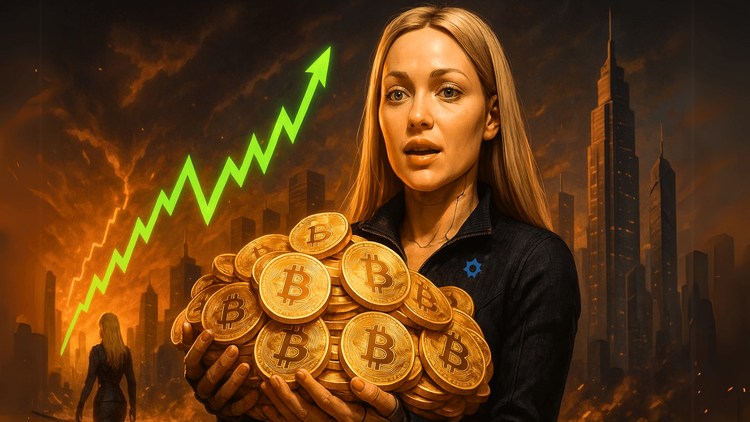Ursula von der Leyen calls for G7 cooperation on green energy transition
G7 Summit: Sharing technology and critical minerals for a sustainable future

G7 members should not compete against each other in the field of renewable energy, but work together to leverage technologies and secure safe sources of key minerals for a green transition. This was the call of European Commission President Ursula von der Leyen at a G7 summit in the Japanese city of Hiroshima. The focus is on reducing dependence on China, which dominates the supply chain for critical minerals.
Given the geopolitical difficulties, the transition to clean energy is accelerating, von der Leyen said. The G7 countries aim to become carbon neutral by 2050 at the latest, adding wind, solar and other renewables to their energy mix.
The European Union aims to process 40% of the critical raw materials it consumes itself by 2030, drastically reducing its dependence on China. Currently, the EU sources more than 90% of the minerals essential for wind power and battery production from China.
Von der Leyen suggested that the G7 should set targets for building global clean energy production capacity and establish "green alliances" both among themselves and with other trusted partners. At the same time, concerns about fair competition should be addressed.
One of von der Leyen's proposals was to establish a "Critical Raw Materials Club" at the G7 summit. Canada, a member of the G7, has many of the critical minerals used to make batteries for electric vehicles, such as lithium, cobalt and nickel. The Canadian government is helping producers and processors scale production. Australia, which is not a G7 member, has provided funding for critical minerals companies to accelerate the development of the battery chemicals industry. Australian Prime Minister Anthony Albanese is attending the G7 summit as a guest.






